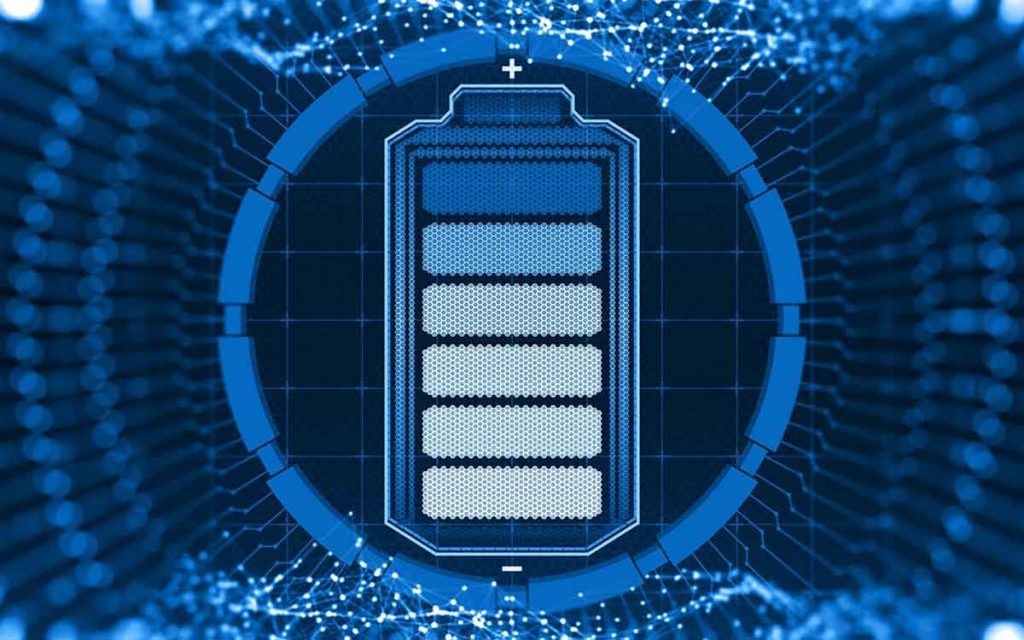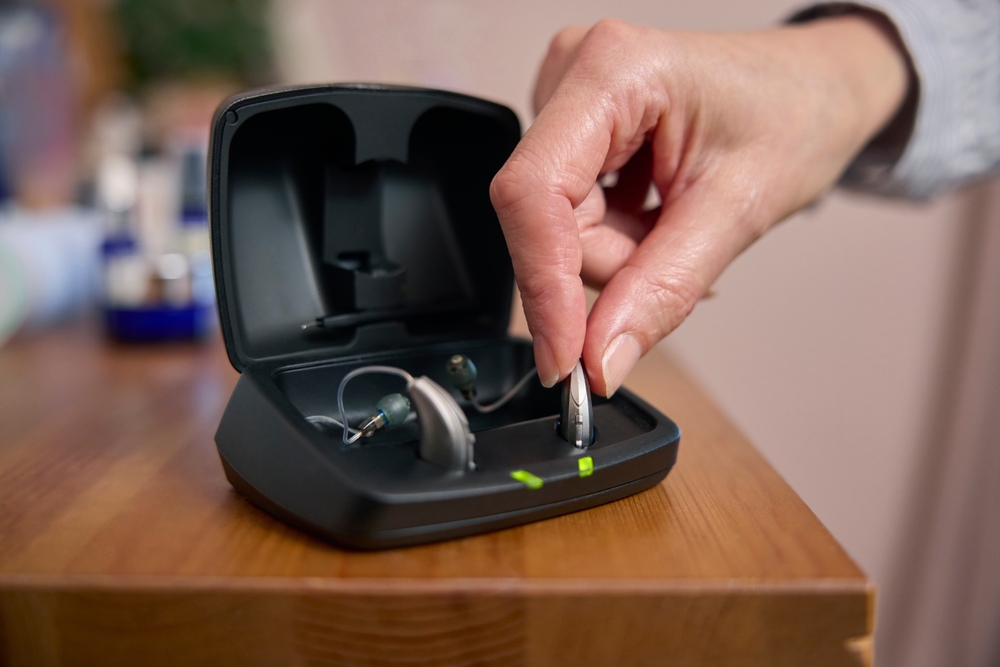Hearing aid batteries can be a bit of a pain. They seem to run low just when you need them most, and constantly replacing them can be costly. But did you know they can also be bad for you? The most common type of disposable hearing aid battery–better known as a zinc-air battery–has chemicals that can be harmful to humans or animals if ingested. As a result, environmentalists caution hearing aid users not to pitch their battery into an open fire or in their home trash container.
Most states have firm guidelines in place that require the proper recycling of hearing aid batteries, which some users find bothersome and time-consuming. Plus, hearing aid batteries can be expensive over time. Multiply that effort and expense by what could be multiple battery changes per week, and it’s easy to see why rechargeable hearing aid batteries are gaining favor with users.
Are Rechargeable Hearing Aids Worth It?
It’s important to point out that rechargeable hearing aid batteries aren’t a new development by any means. However, advancements in technology over the last few years have made rechargeable models more attractive to users. Historically, the biggest issue arguing against rechargeable batteries has always been in the batteries’ inability to hold a long charge. These early rechargeable batteries were nickel-metal hydride, or NiMH, and they just didn’t hold their charge for long.
More modern approaches to rechargeable batteries using materials like Lithium-ion and silver-zinc can now hold a 24-hour charge. Users can easily remove the batteries from their devices and drop them in a handy, tabletop charging container while they sleep. This ensures that a full day’s charge will await them when they wake.
Pros of the Lithium-Ion Rechargeable Hearing Aid Battery
There are a variety of manufacturers who produce hearing aids that use Lithium-ion batteries as part of their design. Regardless of the device maker, each includes their battery in a sealed power compartment. By enclosing the battery in this sealed pack, users can reduce the risk of handling a battery that’s hot or damaged due to fire. That’s a good thing, especially when you pair the safety aspect with the performance of a 24-hour charge.
In terms of longevity, these power packs generally last for five to six years, which is a considerable upgrade over the recurring changes needed with disposable solutions.
Pros of the Silver-Zinc Rechargeable Hearing Aid Battery
Silver-zinc affords users with many similar pros, including 24 hours of continuous use on a single charge and the ability to avoid frequent battery changes. But one of the more unique features of the silver-zinc models is that they allow users to retrofit their existing hearing aids, easing the transition from disposable to rechargeable. The big benefit to this approach is that it will enable users to keep the device they’re comfortable with and what they’re used to having in their ears.
This approach also allows for more flexibility since the batteries themselves are free from encasing, and the user can remove them completely. In an emergency or during charging, disposable batteries can be used to power the hearing aid. And for users concerned about any potential side effects, silver-zinc is non-flammable, non-toxic, and 100% recyclable.
Cons of the Lithium-Ion Rechargeable Hearing Aid Battery
As great as a long-lasting, environmentally-friendly possibility sounds, there are some aspects to both versions of the rechargeable batteries that you should consider. For instance, Lithium-ion is a poison by definition. While it’s not likely to harm you from the power pack in your ear, it can be hazardous when swallowed by children or pets.
The sealed battery enclosure, which protects users in the event of fire, also generally limits the user from swapping out the battery themselves when it reaches the end of its lifespan. In this case, the user typically must send the device into the manufacturer for replacement.
Also, users who stream a lot of audio may not actually realize a full 24-hour charge with a Lithium-ion battery–which, for most users, is the most enticing benefit of a rechargeable battery.
Cons of the Silver-Zinc Rechargeable Hearing Aid Battery
While supplying a longer life than disposable batteries, the longevity of silver-zinc rechargeable batteries pales in comparison to that of Lithium-ion. Users must replace silver-zinc hearing aid batteries once per year, which you may find inconvenient.
Depending on the amount of audio streamed from an MP3 player or a mobile phone, a silver-zinc battery’s charge may fall short of 24 hours as well.
Still Not Sure If Rechargeable Hearing Aid Batteries Are Worth It?
Deciding on disposable or rechargeable batteries can be a tough decision, and you must weigh all options before making your selection. If you still aren’t sure, check out our Hearing Aids section to find out everything you need to know about hearing aid technology and how to choose the right device for you.



